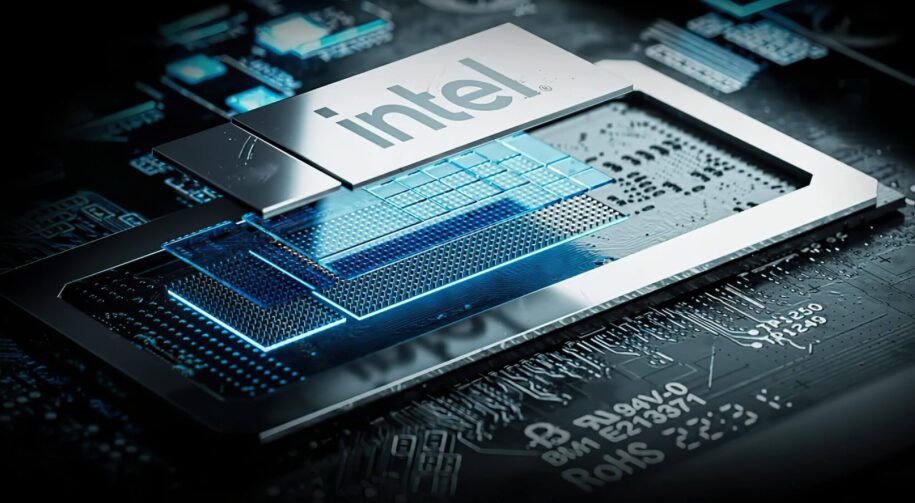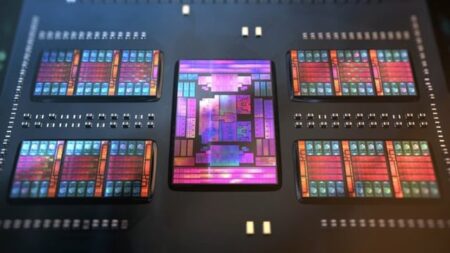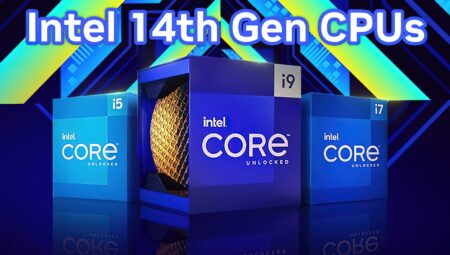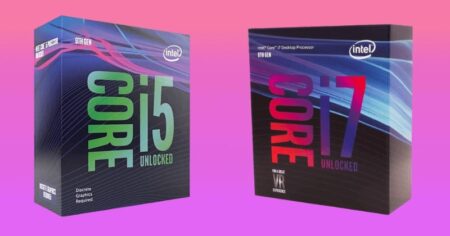
Recently, a comprehensive benchmarking study has shed light on the efficiency of Hyper-Threading on Intel processors in comparison to Simultaneous Multi-Threading (SMT) on AMD Ryzen CPUs.
Hyper-Threading, a longstanding feature on Intel platforms, optimizes CPU performance by alternating execution units between two threads, each with its dedicated state and registers. This ensures that resources remain engaged even in the face of pipeline stalls or branch mispredictions.
David Huang, a notable figure in the tech community, conducted a series of rigorous benchmarks to evaluate the impact of SMT on the latest Intel and AMD CPUs. The results revealed intriguing insights into the performance dynamics of these processors.
前段时间做定频测试的一些副产物,Golden Cove和Zen4的SMT性能测试。
— David Huang (@hjc4869) September 15, 2023
还是比较有趣的,性能和功耗方面的特性有一些小区别。 pic.twitter.com/RosPyEjhMk
In the case of Ryzen chips, enabling SMT led to a substantial performance boost, albeit with a corresponding increase in power consumption. On the other hand, Intel exhibited instances of performance regression with SMT, but the rise in power draw was comparatively modest, with figures hovering in the mid-single percentages, as opposed to the 20-40% increase observed in Ryzen counterparts.
A particularly noteworthy finding emerged when scrutinizing per-core power consumption. The Core i9-13900K from Intel, both with and without Hyper-Threading, displayed significantly higher power usage than the Ryzen 9 7950X.
The disparity was substantial, with deltas reaching as high as 90-100% between these flagship models. Specifically, the Zen 4 core exhibited power draws of 7-10W without SMT and 9-13W with it enabled. In contrast, the Core i9-13900K consumed 23-24W without Hyper-Threading, and slightly more with it activated.
These results indicate that AMD CPUs possess a greater capacity for multi-threading when compared to their Intel counterparts. Alternatively, it could suggest that Intel processors demonstrate more efficient resource utilization on a single thread in comparison to rival Ryzen offerings.
This benchmarking study underscores the nuanced performance characteristics of Hyper-Threading on Intel processors and SMT on AMD Ryzen CPUs. These findings provide valuable insights for users seeking to optimize their systems for specific workloads and applications.







